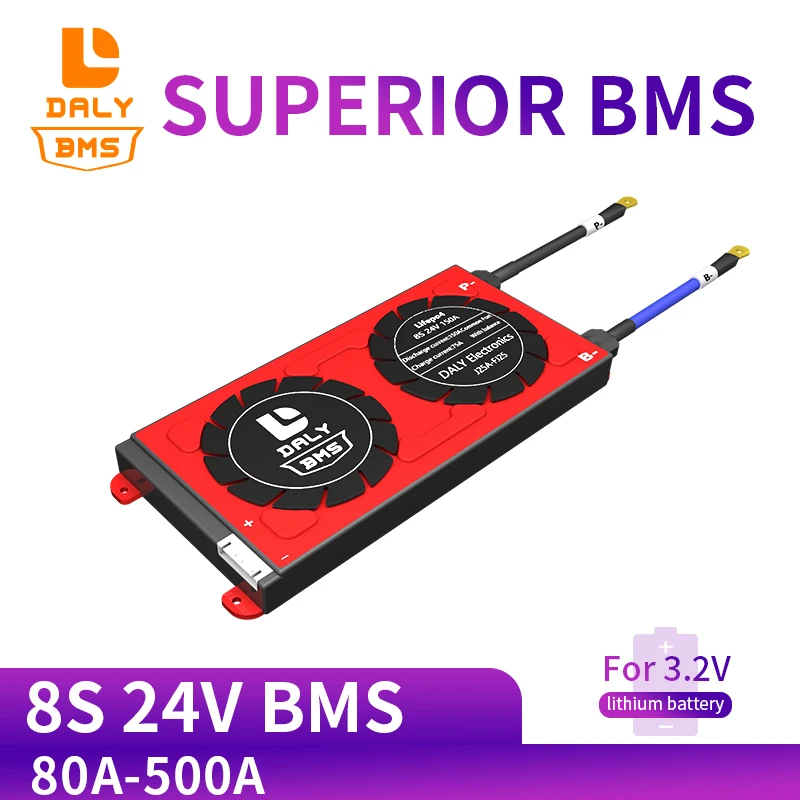Steve_S
Offgrid Cabineer, N.E. Ontario, Canada
I'd like to point out that making generalized comments based on Assumptions is generally not a bright idea.
Blanket Generalized statements help no-one and does not further understanding & knowledge.
Appreciate that saying LF is less efficient than HF without evidence of such is well... a tad dubious at best.
Every manufacturer makes many different inverters, their specs vary a LOT ! Even within the same brand. I use a Samlex EVO-4024 and it is 94% while the EVO-2212 is only 90% Efficient, and these are both Low Frequency.
As for Standby Power Usage (Samlex EVO-4024)
No Load Power Consumption in Standby Mode (Inverting/ charging are suspended) < 5 W
No Load Power Consumption in Power Saving Mode < 8 W
No Load Power Consumption in Normal Mode (120 VAC Output, Typical) 25 watts
When looking at Inverters, ALWAYS LOOK AT THE SPECS and see what the efficiency is an how it is determined. Tier-1 & Tier-2 Products will have this information in their documentation. Tier-3 and "Value" systems rarely have much in the form of decent documentation and such information is hap hazard.
The Experts explain the differences between High & Low Frequency Inversion:
Inversion Methods Explained: High Frequency vs Low Frequency
 www.magnum-dimensions.com
www.magnum-dimensions.com
Blanket Generalized statements help no-one and does not further understanding & knowledge.
Appreciate that saying LF is less efficient than HF without evidence of such is well... a tad dubious at best.
Every manufacturer makes many different inverters, their specs vary a LOT ! Even within the same brand. I use a Samlex EVO-4024 and it is 94% while the EVO-2212 is only 90% Efficient, and these are both Low Frequency.
As for Standby Power Usage (Samlex EVO-4024)
No Load Power Consumption in Standby Mode (Inverting/ charging are suspended) < 5 W
No Load Power Consumption in Power Saving Mode < 8 W
No Load Power Consumption in Normal Mode (120 VAC Output, Typical) 25 watts
When looking at Inverters, ALWAYS LOOK AT THE SPECS and see what the efficiency is an how it is determined. Tier-1 & Tier-2 Products will have this information in their documentation. Tier-3 and "Value" systems rarely have much in the form of decent documentation and such information is hap hazard.
The Experts explain the differences between High & Low Frequency Inversion:
Inversion Methods Explained: High Frequency vs Low Frequency
Inversion Methods Explained: High Frequency vs Low Frequency | Magnum Dimensions
Understand the difference between high frequency and low frequency inverters with this quick article.





